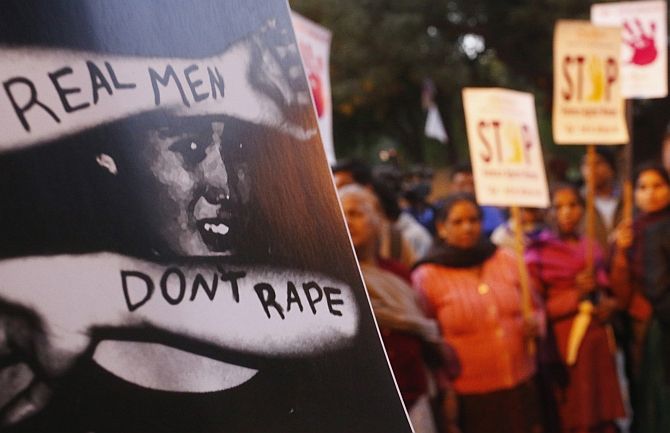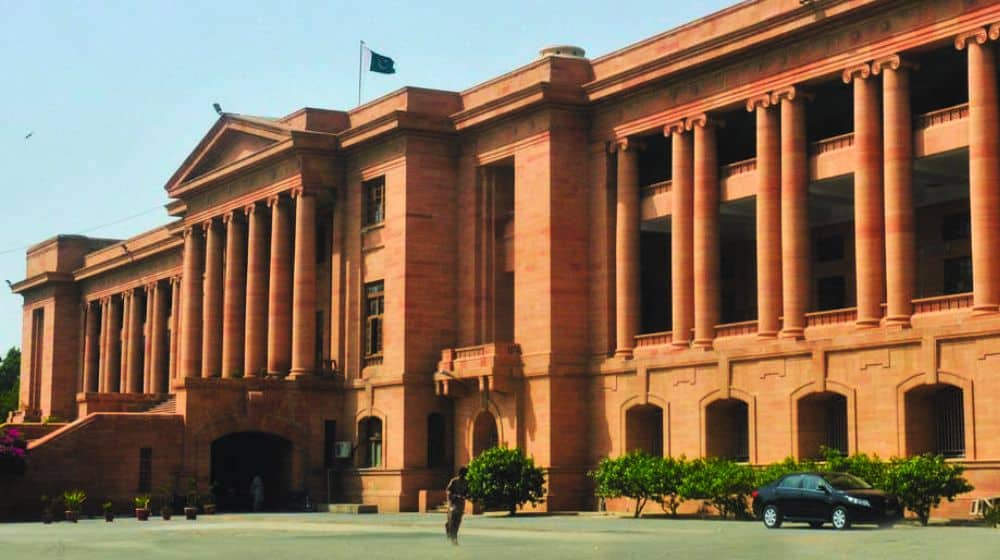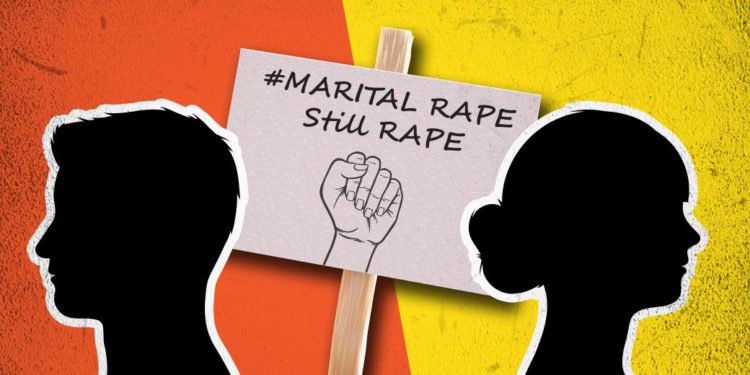In a groundbreaking verdict, a Pakistani court has sentenced a man to three years in prison for non-consensual sexual activity with his wife. This landmark case marks the first-ever conviction for marital rape in Sindh province and potentially sets a precedent for the entire country, where marital rape remains unrecognized as a distinct criminal offense.
The judgment, delivered by Additional Sessions Judge Ashraf Hussain Khawaja, comes after the man’s wife accused him of engaging in forced sexual acts that constituted a violation under Section 377 of the Pakistan Penal Code, which outlaws “unnatural offenses.” While Section 377 has historically been used to target homosexual relations, legal arguments in this case successfully positioned it as applicable to non-consensual acts within marriage.
A Long-Fought Battle for Justice
Pakistan, like many other countries, has yet to explicitly criminalize marital rape. This legal grey area has long shielded perpetrators from accountability and left countless victims without recourse. The recent Sindh Session Court judgment, however, offers a glimmer of hope for a broader recognition of marital rape as a punishable offense.

“This is a historic judgment that sends a powerful message – that no woman, not even within the confines of marriage, can be subjected to non-consensual sexual acts,” said a spokesperson for the Aurat Foundation, a prominent Pakistani women’s rights organization. “We hope this verdict paves the way for legal reforms that explicitly criminalize marital rape and ensure justice for all survivors.”
Challenges and Road Ahead
Despite the landmark nature of the Sindh Session Court ruling, significant challenges remain in the fight against marital rape in Pakistan. The lack of a specific legal framework creates ambiguity and leaves room for loopholes in prosecution. Additionally, societal stigma and victim blaming often discourage reporting, making it difficult to gauge the prevalence of the issue accurately.

“While this case is a significant milestone, it’s crucial to remember that it represents just one instance of justice served,” stated a human rights activist. “We must continue advocating for comprehensive legal reforms, raising awareness, and fostering a supportive environment for survivors to come forward and seek redress.”
The Sindh Session Court’s verdict serves as a beacon of hope in the fight against marital rape in Pakistan. However, continued efforts are needed to ensure that this landmark case translates into lasting legislative and societal change, granting all women the right to bodily autonomy and freedom from violence within their own homes.
The Road to Recognition
The recent conviction in Sindh has reignited the debate on criminalizing marital rape in Pakistan. Several advocacy groups and legal experts are calling for amendments to the Pakistan Penal Code to explicitly make marital rape a punishable offense. They argue that such a move would bring Pakistan in line with international human rights standards and offer much-needed legal protection to countless women across the country.
The Pakistani government has recently taken steps to address the issue of violence against women, including the establishment of special courts for speedy trials in such cases. However, critics argue that these measures fall short of providing comprehensive protection for survivors of marital rape.

The Sindh Session Court’s verdict paves the way for a potential shift in legal and societal attitudes towards marital rape in Pakistan. It remains to be seen whether this landmark case will be a catalyst for wider change or an isolated instance of justice served. One thing is certain: the fight for recognition and protection of the rights of survivors of marital rape in Pakistan is far from over.
This article has been written to inform and raise awareness about the issue of marital rape in Pakistan. It is important to note that this is a complex and sensitive topic, and the information provided here is not a substitute for legal advice. If you or someone you know is experiencing domestic violence, please reach out to a trusted friend, family member, or support organization for help.
Here are some additional resources that may be helpful:
- Aurat Foundation: https://www.af.org.pk/
- Human Rights Watch: https://www.hrw.org/asia/pakistan
- UN Women: https://www.unwomen.org/en













